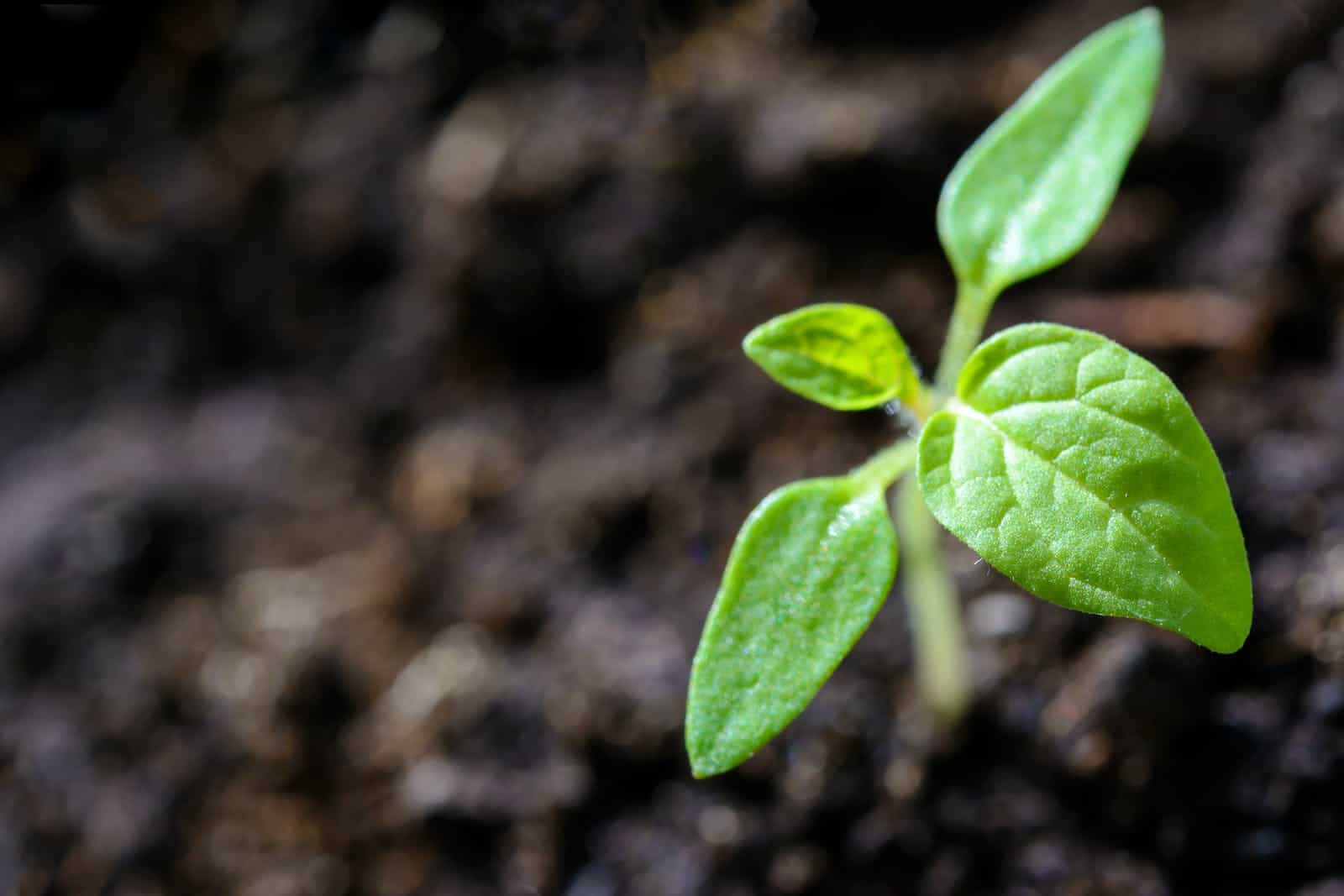Traditional medicine encompasses a vast array of healing practices that have been passed down through generations, often rooted in the cultural and historical contexts of specific communities. As you delve into the world of traditional medicine, you will discover that it is not merely a collection of remedies but a holistic approach to health and well-being. This system of medicine emphasizes the interconnectedness of body, mind, and spirit, offering a unique perspective on health that contrasts with the more reductionist views often found in modern medical practices.
You may find it fascinating that traditional medicine is practiced in various forms around the globe, from Ayurveda in India to Traditional Chinese Medicine (TCM) in China, and from Native American healing practices to African herbal medicine. Each system has its own philosophies, diagnostic methods, and treatment modalities, yet they all share a common goal: to restore balance and harmony within the individual. As you explore this rich tapestry of healing traditions, you will gain insight into how these practices have shaped health care systems and influenced the way people perceive health and illness.
Key Takeaways
- Traditional medicine encompasses a wide range of healing practices and therapies that have been used for centuries in various cultures around the world.
- The historical background of traditional medicine dates back to ancient civilizations and has evolved over time to incorporate a combination of natural remedies, spiritual rituals, and holistic approaches to health and wellness.
- The principles and practices of traditional medicine are often rooted in the belief that the body, mind, and spirit are interconnected, and that the natural environment plays a crucial role in maintaining health and preventing illness.
- Traditional medicine has been found to be effective in treating common ailments such as digestive disorders, respiratory infections, and musculoskeletal pain, often through the use of herbal remedies, acupuncture, and massage therapy.
- In modern healthcare, traditional medicine is increasingly being integrated into mainstream medical practices, with a growing recognition of its potential to complement conventional treatments and provide more holistic care for patients.
Click here to subscribe to our latest news >
Historical Background of Traditional Medicine
The roots of traditional medicine can be traced back thousands of years, with evidence suggesting that early humans relied on natural remedies derived from plants, minerals, and animal products to treat ailments. As you study the historical context, you will see how these practices evolved over time, influenced by cultural beliefs, environmental factors, and the transmission of knowledge across generations. Ancient texts, such as the Huangdi Neijing in China or the Charaka Samhita in India, provide a glimpse into the sophisticated understanding of health that existed long before the advent of modern science.
You might also consider how traditional medicine has been shaped by historical events, such as colonization and globalization. These forces often led to the suppression of indigenous healing practices while simultaneously introducing new ideas and treatments. Despite these challenges, many traditional systems have persisted and adapted, demonstrating resilience and a deep-rooted connection to cultural identity.
As you reflect on this history, you will appreciate the enduring significance of traditional medicine in contemporary society.
Principles and Practices of Traditional Medicine

At the heart of traditional medicine lies a set of principles that guide its practice. You will find that these principles often emphasize balance—whether it be the balance of bodily humors in Ayurveda or the harmony of yin and yang in TCM. This holistic perspective encourages practitioners to consider not only the physical symptoms but also the emotional and spiritual dimensions of health.
As you explore these principles further, you may come to understand how they inform diagnostic methods and treatment strategies. In terms of practices, traditional medicine employs a variety of techniques that can include herbal remedies, acupuncture, massage, dietary recommendations, and spiritual healing. Each practice is tailored to the individual’s unique constitution and circumstances.
For instance, in Ayurveda, practitioners assess a person’s dosha—an individual’s unique combination of physical and psychological characteristics—to create personalized treatment plans. Similarly, TCM practitioners may use pulse diagnosis and tongue examination to determine imbalances within the body. As you engage with these practices, you will likely find that they offer a comprehensive approach to health that prioritizes prevention and wellness.
The Effectiveness of Traditional Medicine in Treating Common Ailments
| Ailment | Traditional Medicine Effectiveness | Scientific Evidence |
|---|---|---|
| Cold | Effective in relieving symptoms | Some herbs have shown to have antiviral properties |
| Headache | May provide relief | Limited scientific evidence |
| Indigestion | Can help with digestion | Some herbs have been found to aid digestion |
| Minor cuts and burns | Can promote healing | Some traditional remedies have antibacterial properties |
As you investigate the effectiveness of traditional medicine in treating common ailments, you may be surprised by the wealth of anecdotal evidence supporting its use. Many individuals have turned to traditional remedies for conditions such as headaches, digestive issues, respiratory problems, and stress-related disorders. You might find it compelling that numerous studies have begun to validate some of these practices scientifically, revealing their potential benefits when used appropriately.
For example, herbal treatments like ginger for nausea or chamomile for anxiety have garnered attention for their efficacy. Acupuncture has also gained recognition for its ability to alleviate pain and improve overall well-being. As you consider these findings, it becomes clear that traditional medicine can complement conventional treatments, offering patients additional options for managing their health.
However, it is essential to approach these remedies with an open mind while also exercising caution and seeking guidance from qualified practitioners.
Traditional Medicine in Modern Healthcare
In recent years, there has been a growing interest in integrating traditional medicine into modern healthcare systems. You may notice that many hospitals and clinics are beginning to incorporate complementary therapies alongside conventional treatments. This shift reflects a broader recognition of the value that traditional practices can bring to patient care.
As you explore this trend further, you will see how it fosters a more patient-centered approach that respects individual preferences and cultural backgrounds. Moreover, this integration can enhance treatment outcomes by addressing not only physical symptoms but also emotional and psychological aspects of health. For instance, patients undergoing cancer treatment may benefit from acupuncture or meditation as part of their overall care plan.
As you reflect on this evolving landscape, you may find it encouraging that healthcare providers are increasingly acknowledging the importance of holistic approaches to well-being.
Challenges and Controversies Surrounding Traditional Medicine
Despite its many benefits, traditional medicine is not without its challenges and controversies. You may encounter debates surrounding the scientific validity of certain practices or concerns about safety and efficacy. Critics often argue that some traditional remedies lack rigorous clinical testing or standardized dosages, which can lead to inconsistent results or adverse effects.
As you navigate these discussions, it is crucial to consider both sides of the argument while recognizing the importance of evidence-based practice. Additionally, there are ethical concerns related to cultural appropriation and the commercialization of traditional medicine. You might find it troubling that some practices are commodified without proper respect for their cultural origins or without adequate understanding of their complexities.
This raises questions about who benefits from these practices and how they should be preserved for future generations. As you engage with these issues, you will gain a deeper appreciation for the delicate balance between honoring tradition and ensuring safety and efficacy in healthcare.
Integrating Traditional Medicine with Conventional Healthcare

The integration of traditional medicine with conventional healthcare presents both opportunities and challenges. You may find it inspiring that many healthcare professionals are advocating for a more inclusive approach that recognizes the value of diverse healing traditions. This integration can lead to more comprehensive treatment plans that address patients’ physical, emotional, and spiritual needs.
However, achieving this integration requires collaboration between practitioners from both fields. You might consider how training programs can be developed to educate healthcare providers about traditional practices while ensuring that they adhere to safety standards and ethical guidelines. As you reflect on this potential collaboration, you will likely see how it can enrich patient care by offering a broader range of therapeutic options.
Future Prospects and Research in Traditional Medicine
As you look toward the future of traditional medicine, it is clear that research will play a pivotal role in shaping its evolution. You may be intrigued by ongoing studies aimed at validating traditional practices through scientific inquiry. This research not only seeks to understand the mechanisms behind various treatments but also aims to bridge the gap between traditional knowledge and modern medical science.
Furthermore, as global interest in holistic health continues to grow, there is potential for traditional medicine to gain greater acceptance within mainstream healthcare systems. You might envision a future where patients have access to a diverse array of treatment options that honor both conventional and traditional approaches. This vision reflects a broader understanding of health as a multifaceted concept—one that embraces cultural diversity while prioritizing patient well-being.
In conclusion, your exploration of traditional medicine reveals a rich tapestry of healing practices that have stood the test of time. By understanding its historical background, principles, effectiveness, challenges, and future prospects, you can appreciate its role in contemporary healthcare. As society continues to evolve, so too will the dialogue surrounding traditional medicine—an ongoing conversation that invites respect for cultural heritage while embracing innovation in health care practices.
Click here to subscribe to our latest news >
FAQs
What is traditional medicine?
Traditional medicine refers to the knowledge, skills, and practices based on the theories, beliefs, and experiences indigenous to different cultures, used in the maintenance of health and in the prevention, diagnosis, improvement or treatment of physical and mental illness.
What are the different types of traditional medicine?
There are various types of traditional medicine practiced around the world, including traditional Chinese medicine, Ayurveda from India, acupuncture, herbal medicine, naturopathy, and traditional African medicine, among others.
Is traditional medicine effective?
Many traditional medicine practices have been used for centuries and have shown to be effective in treating certain ailments. However, it’s important to note that the effectiveness of traditional medicine can vary depending on the specific practice and individual circumstances.
What are the potential risks of traditional medicine?
Some traditional medicine practices may carry potential risks, such as adverse reactions to herbal remedies, incorrect diagnosis or treatment, and lack of regulation in some cases. It’s important to consult with a qualified healthcare professional before using traditional medicine.
Is traditional medicine regulated?
Regulation of traditional medicine varies by country and region. Some countries have established regulatory frameworks for traditional medicine, while others may have limited or no regulation in place. It’s important to be aware of the regulatory status of traditional medicine in your area.




